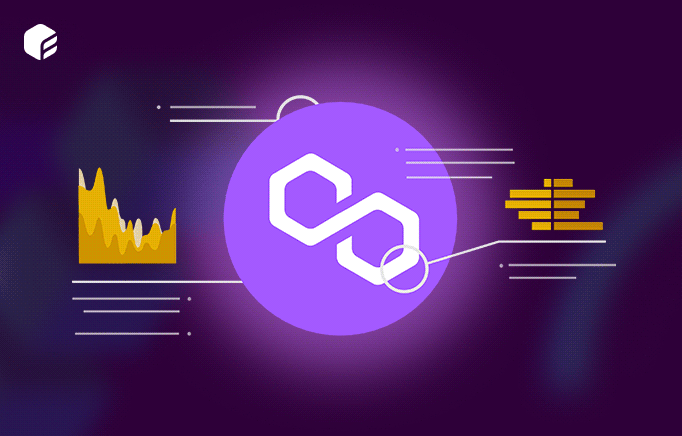
Polygon Labs has made a significant stride in the crypto space by launching the POL token contract on the Ethereum network, as announced on October 25. This innovative move is part of a strategic plan to eventually replace their existing token, MATIC, with POL in the future. However, it is crucial to note that users are not required to swap their MATIC for POL at this moment.
The launch of the POL token is a critical component of the Polygon 2.0 roadmap, which was unveiled this summer. This roadmap outlines a comprehensive plan for scaling Ethereum and establishing it as the Value Layer of the Internet. The introduction of POL is set to unlock a plethora of possibilities for the future.
The POL token is a next-generation token designed to power an extensive ecosystem of zero-knowledge-based Layer 2 chains. It introduces a re-staking protocol, enabling token holders to stake it across multiple chains and perform various functions simultaneously. This innovative feature is expected to enhance the functionality and efficiency of the Polygon network.
The launch of the POL token sets the stage for the implementation of other key elements of the Polygon 2.0 roadmap. This includes the introduction of a new staking layer for the Polygon ecosystem, transitioning the current proof-of-stake (PoS) network to zkEVM layer-2, and establishing a shared liquidity protocol for all Polygon networks.
Despite these advancements, the Polygon team has clarified that POL is not in use for any systems within the Polygon network at this time. Staking activities on both Polygon PoS and Polygon zkEVM, as well as gas fee payments on the PoS network, continue to utilize the MATIC token. Therefore, there is no immediate need for users, validators, or app developers to exchange their MATIC for POL.
Polygon Labs first unveiled its plans for developing a new layer-2 ecosystem, termed Polygon 2.0, on June 29. Following this, on September 14, the team announced that Polygon 2.0 would be adopting a new token, POL. However, at that time, POL was merely a proposal and had not yet been deployed on the Ethereum network.
Polygon’s proposed layer-2 ecosystem aims to leverage zero-knowledge proofs for validating transactions between networks. This positions Polygon in direct competition with the Optimism ecosystem, developed by Optimism Labs, which utilizes optimistic rollup technology to secure inter-network communications.
This article is for information purposes only and should not be considered trading or investment advice. Nothing herein shall be construed as financial, legal, or tax advice. Bullish Times is a marketing agency committed to providing corporate-grade press coverage and shall not be liable for any loss or damage arising from reliance on this information. Readers should perform their own research and due diligence before engaging in any financial activities.











